“The point is, ladies and gentlemen, that greed, for lack of a better word, is good. Greed is right. Greed works. Greed clarifies, cuts through, and captures the essence of the evolutionary spirit. Greed, in all of its forms – greed for life, for money, for love, knowledge – has marked the upward surge of mankind.”
~Michael Douglas
‘Wall Street’
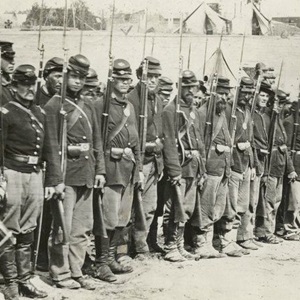
1862 – The four-day Battle of Fredericksburg began.
Generally considered as one of the most one-sided battles of the Civil War – with Union casualties more than three times as heavy as those suffered by the Confederates.
The Union army, commanded by Major General Ambrose Burnside, would not realize the full effect of his ill-conceived plan of attack until two days later when they attempted to overrun the Confederates at Marye’s Heights … something we’ll discuss on the 13th.
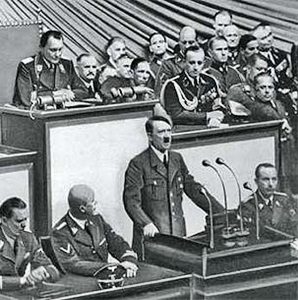
1941 – Italy and Germany declared war on the United States, bringing America, which had been neutral, into the European conflict. The Japanese bombing of Pearl Harbor had surprised even Germany.
Although Adolf Hitler had made an oral agreement with Japan that Germany would join a war against the United States, he was uncertain as to how the war would be engaged. Japan’s attack on Pearl Harbor answered that question.
German Foreign Minister von Ribbentrop knew that Germany was under no obligation to aid Japan under the terms of the Tripartite Pact, which promised help if Japan was attacked, but not if Japan was the aggressor.
Von Ribbentrop feared that the addition of another antagonist, the United States, would overwhelm the German war effort.
But Hitler thought otherwise. He was convinced that the United States would soon beat him to the punch and declare war on Germany. Hitler despised Roosevelt for his repeated verbal attacks against his Nazi ideology.
Hitler addressed the Reichstag to defend the declaration of war. The failure of the New Deal, argued Hitler, was the real cause of the war, as President Roosevelt, supported by plutocrats and Jews, attempted to cover up for the collapse of his economic agenda.

1946 – John D. Rockefeller, Jr. offered a six-block area of land in New York City for use as world headquarters of the United Nations.
The offer was accepted the following day.
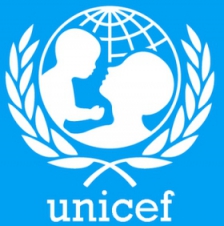
1946 – In the aftermath of World War II, the General Assembly of the United Nations voted to establish the United Nations International Children’s Emergency Fund (UNICEF), an organization to help provide relief and support to children living in countries devastated by the war.
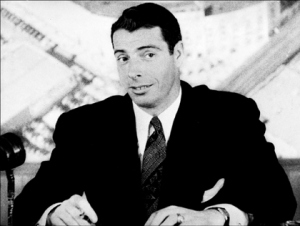
1951 – Following a season in which his batting average had dropped dramatically, Joe DiMaggio announced his retirement from baseball.
Joltin’ Joe played his entire 13-year career with the New York Yankees. His lifetime batting average was .325 and his streak of 56 consecutive games with at least one hit still stands as a record.

1961 – The carrier USNS Core, loaded with 33 helicopters and 400 air and ground crewmen to operate and maintain them, arrived in Saigon.
Their assignment – the first direct American military support for South Vietnam’s battle against Communist guerrillas – was to airlift South Vietnamese Army troops into combat.
And that was supposed to be the extent of U.S. involvement.
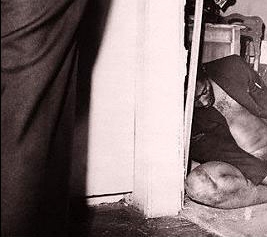
1964 – Singer Sam Cooke was shot to death by a Los Angeles motel manager.
According to Bertha Franklin, manager of the Motel Hacienda, Cooke had checked in earlier that evening. She claimed that Cooke later broke into her manager’s office-apartment in a rage, wearing nothing but a shoe and a sports coat, demanding to know the whereabouts of a woman who had accompanied him to the motel.
According to Franklin, she grappled with Cooke, with the two of them falling to the floor before she got up and retrieved her gun, firing at Cooke in self-defense because she feared for her life.
Cooke was struck once in the torso and, according to Franklin, he exclaimed “Lady, you shot me” before mounting a last charge at her. She beat him over his head with a broomstick before he finally fell, mortally wounded by the gunshot.
The courts ruled that Cooke was drunk and distressed, and that the manager had killed Cooke in what was later ruled a justifiable homicide.
In the years since his death, the circumstances surrounding Cooke’s shooting have been called into question by his family and others.
Though the truth of what happened on that day in 1964 remains a mystery, Sam Cooke’s place in the history of popular music is anything but uncertain.
With hit songs such as You Send Me, Cupid, Another Saturday Night, and many more, he remains a musical giant.
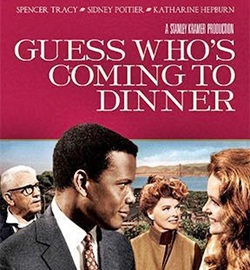
1967 – Guess Who’s Coming To Dinner premiered in New York City.
The film, which starred Spencer Tracy, Sidney Poitier, and Katharine Hepburn and Katharine Houghton, received ten Academy Award nominations, winning two: Best Actress (Hepburn) and Best Original Screenplay.
The film was the ninth and final on-screen pairing of Tracy and Hepburn, with filming ending just 17 days before Tracy’s death from a heart attack.
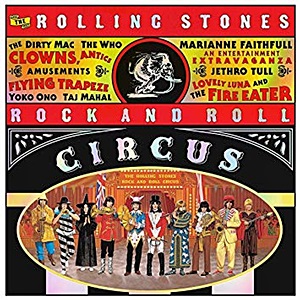
1968 – The Rolling Stones Rock and Roll Circus, featuring the Rolling Stones, Jethro Tull, The Who, Taj Mahal, Marianne Faithfull, and the Dirty Mac – a supergroup if ever there was one – was filmed at the Intertel (V.T.R. Services) Studio in Wembley, London.
Dirty Mac consisted of John Lennon (rhythm guitar), Eric Clapton (lead guitar), Keith Richards (bass) and Mitch Mitchell (drums).
The program was originally meant to be aired on the BBC, but the Rolling Stones withheld it because they were unhappy with their performance. The Stones contended they had taken the stage early in the morning (of the 12th) and were clearly exhausted. Many others believe that the true reason for not releasing the video was that The Who, fresh off a concert tour, upstaged the Stones.
The video was finally released in 2004.
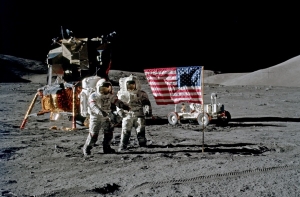
1972 – Apollo 17 landed on the surface of the Moon.
It was the sixth and last landing of humans. Astronauts Eugene Cernan and Harrison Schmitt spent a total of 22 hours doing extra-vehicular activity in the three days they were on the surface.
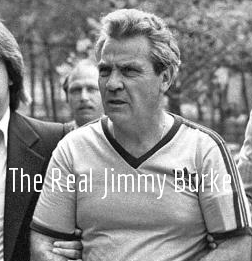
1978 – Six masked men bound 10 employees at a Lufthansa cargo area at New York’s Kennedy Airport and stole an estimated $5 million in cash ($18.1 million today) and $875,000 in jewelry ($3.2 million today), making it at the time the largest cash robbery committed on American soil.
The robbery – the brainchild of Jimmy Burke, an associate of the Lucchese crime family – was a key plot element in the 1990 film, Goodfellas.
Burke – played by Robert De Niro in the film – was convicted of murder (but was never officially charged with any involvement in the Lufthansa theft) on February 19, 1985, after Henry Hill testified against him and joined the Witness Protection Program.
Burke died of lung cancer at the age 64 in 1996

1987 – Wall Street, starring Michael Douglas and Charlie Sheen, premiered in over seven hundred theaters in the U.S.
Produced on a budget of $16.5 million, the film raked in over $45 million at the box office. Douglas won the Academy Award for Best Actor for his performance as unscrupulous corporate raider Gordon Gekko.
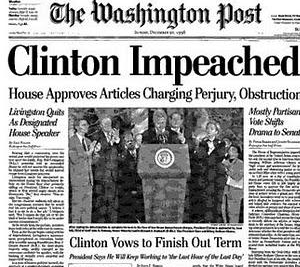
1998 – The House Judiciary Committee approved three articles of impeachment against President Bill Clinton.
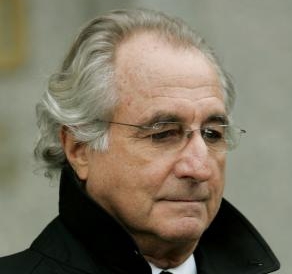
2008 – Financier Bernard Madoff was arrested at his New York City apartment and charged with masterminding a long-running Ponzi scheme later estimated to involve around $65 billion, making it one of the biggest investment frauds in Wall Street history.
The day before, Madoff had revealed to his brother and two sons, who worked for the legitimate arm of his firm, that his investment-advisory business was a fraud and nearly bankrupt.
Madoff was freed on $10 million bail, and placed under 24-hour house arrest at his penthouse on Manhattan’s Upper East Side.
On March 12, 2009, Madoff pleaded guilty to the 11 felony counts against him, including securities fraud, money laundering and perjury.
On June 29 of that year, a federal district court judge in Manhattan sentenced Madoff to 150 years behind bars, calling his actions “extraordinary evil.”
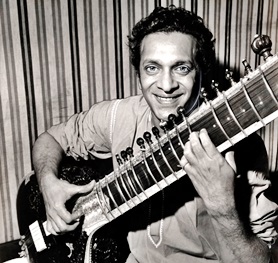
2012 – Ravi Shankar died from complications following heart valve surgery. He was 92.
He was the best-known proponent of the sitar in the second half of the 20th century and influenced many other musicians throughout the world, including George Harrison of the Beatles, Brian Jones of the Rolling Stones, and Roger McGuinn of the Byrds.
In 1967, Shankar performed a well-received set at the Monterey Pop Festival. He performed at the Woodstock Festival in August 1969, but the experience there caused him to distance himself from the hippie movement and drug culture.
“It makes me feel rather hurt when I see the association of drugs with our music. The music to us is religion. The quickest way to reach godliness is through music. I don’t like the association of one bad thing with the music.”
Compiled by Ray Lemire ©2019 RayLemire.com / Streamingoldies.com. All Rights Reserved.
An interesting day to say the least! Whew thanks as always!
Thanks, Donna 🙂